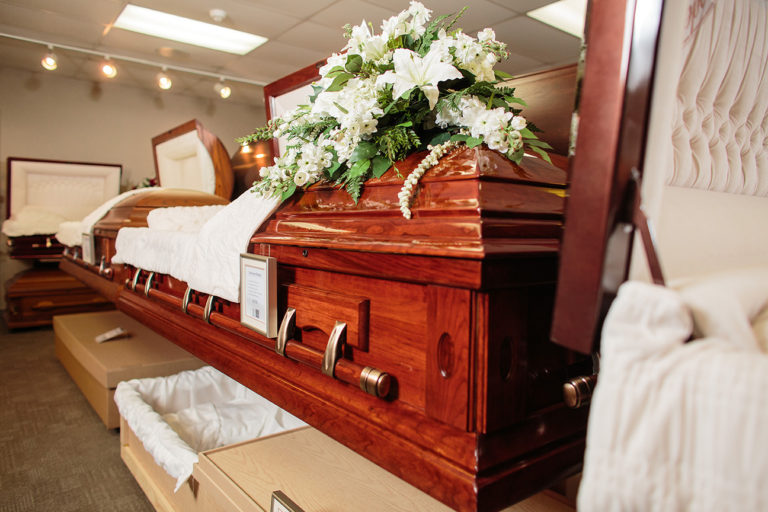Funeral homes are a fundamental part of our society, offering a necessary service during emotional and challenging times. A funeral home is a place where families can plan and organize a respectable final tribute for their loved ones. It provides a space where bodies are prepared for burial or cremation and also offers services for hosting funerals or memorial services.
The management of a funeral home involves several different tasks, many of which may seem daunting to someone going through a difficult time. Funeral directors are responsible for the preservation and presentation of the body, ensuring it is prepared according to the wishes of the family. This can involve embalming, dressing, cosmetology, and casket selection. These professionals work meticulously to present the deceased person in a dignified and respectful manner, making the final viewing as comfortable as possible for family and friends.

Beyond the physical preparations for a funeral service, green burial also handle various logistical elements. This includes paperwork associated with death certificates, insurance claims, and legal documents required by local and national regulations. Many funeral homes also offer grief counseling services and resources for the bereaved families, helping them navigate through their loss and promoting emotional healing.
Traditionally, funeral homes are family-run establishments carrying a legacy of several generations. This long-term operation contributes to their deep connection with the community they serve. Today, however, more corporate-owned funeral homes are coming into the fore. These businesses may offer a wider range of services due to their larger scale, but some may argue the loss of the intimate, personalized care associated with smaller, family-run operations.
Funeral homes have evolved over the years, adapting to changing social tastes and cultural norms. Some now offer green burials, a more environmentally friendly method of laying loved ones to rest. Many are incorporating advanced technology such as live-streaming services for families who cannot attend in person. These adaptations demonstrate how the funeral home industry is not static but continues to evolve in response to societal changes.
In conclusion, funeral homes play a critical role in society by providing end-of-life services that honor the deceased and help grieving families find closure. They handle the necessary logistics of death and, in some cases, offer emotional support to the deceased’s loved ones. Whether it’s a time-honored family-run establishment or a modern corporate-owned one, a funeral home’s ultimate goal is to provide compassionate, considerate care during one of life’s most challenging times.
